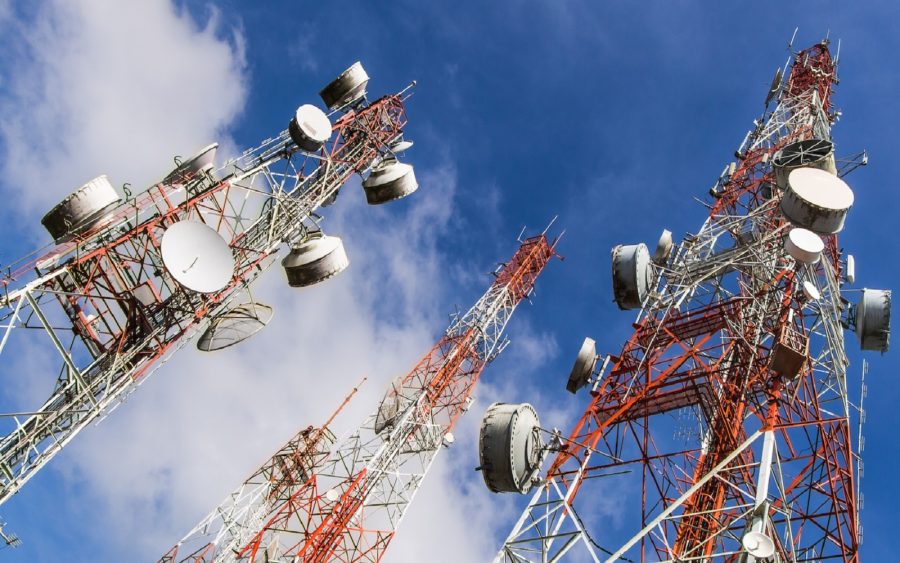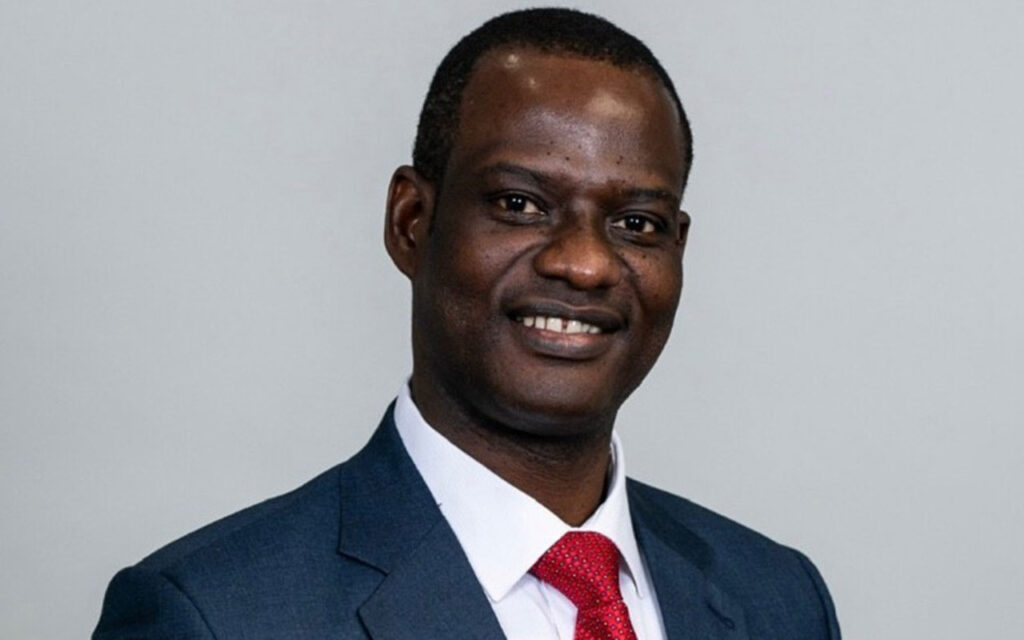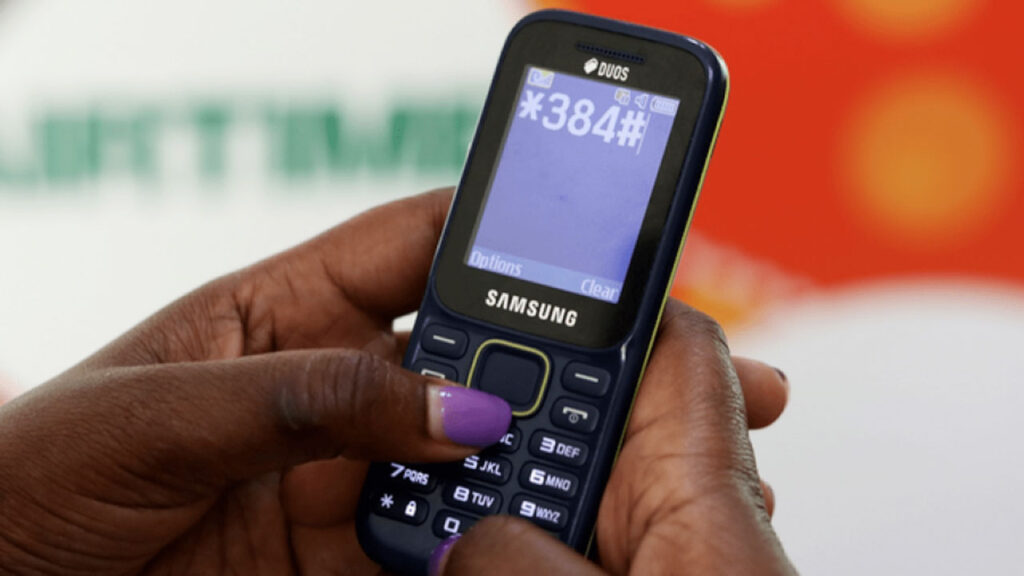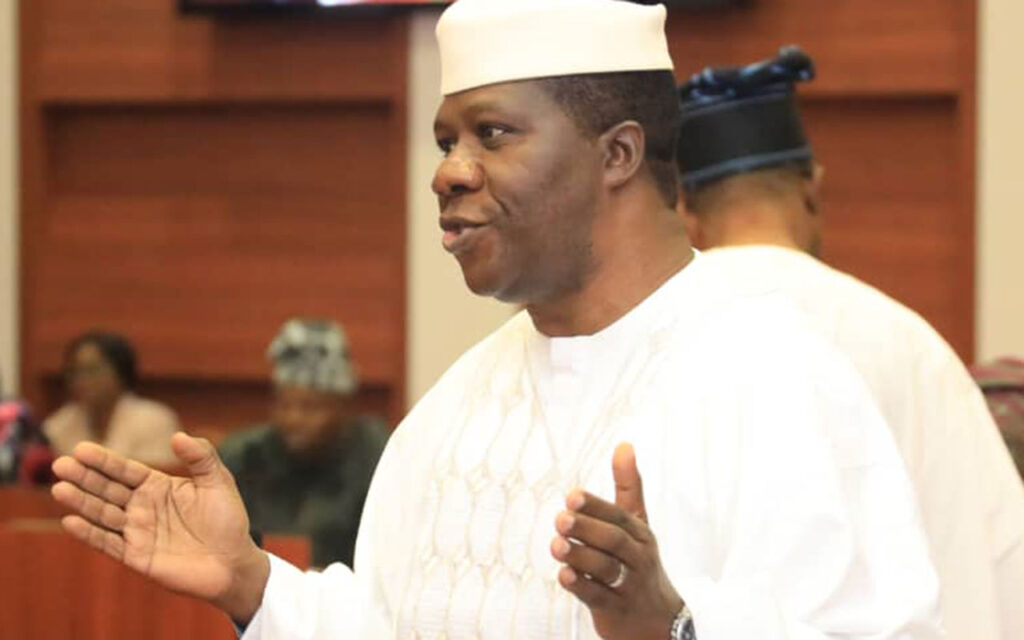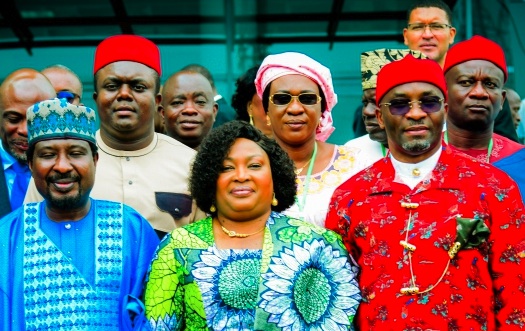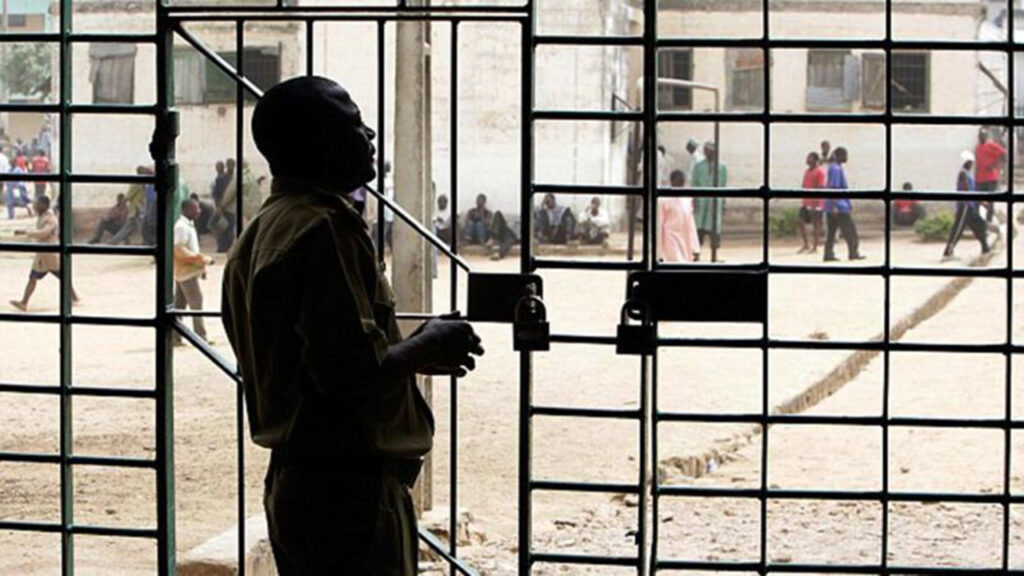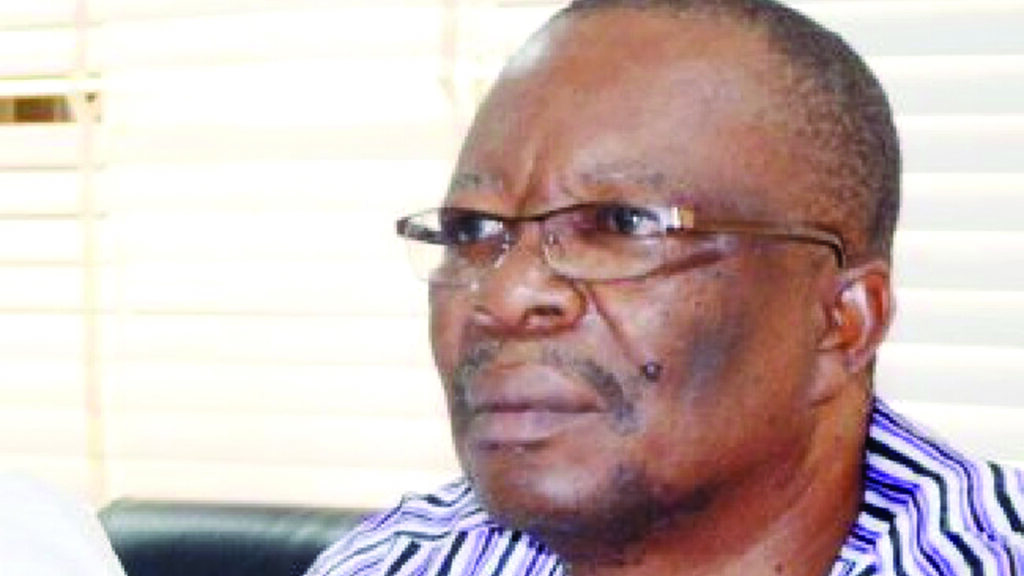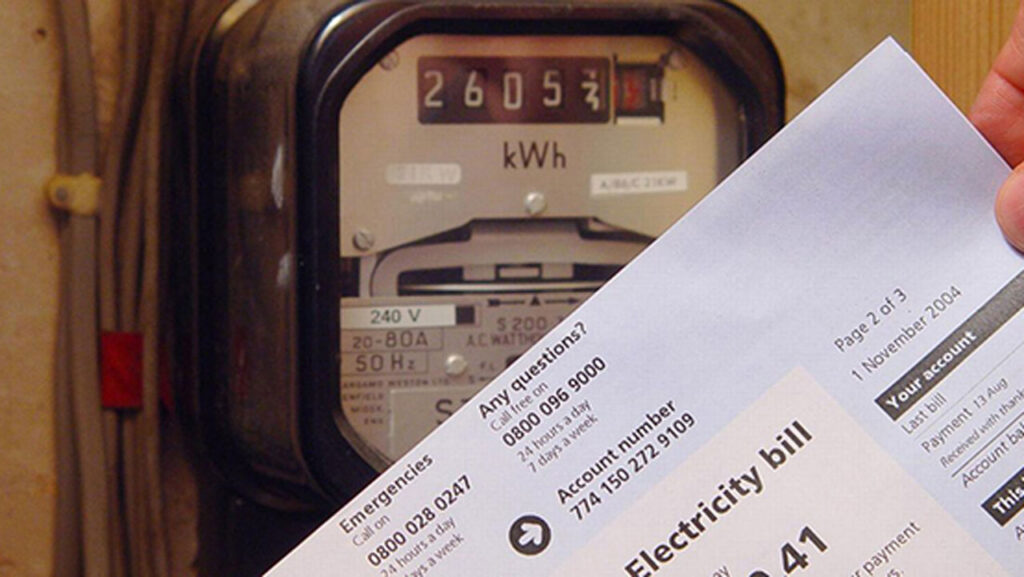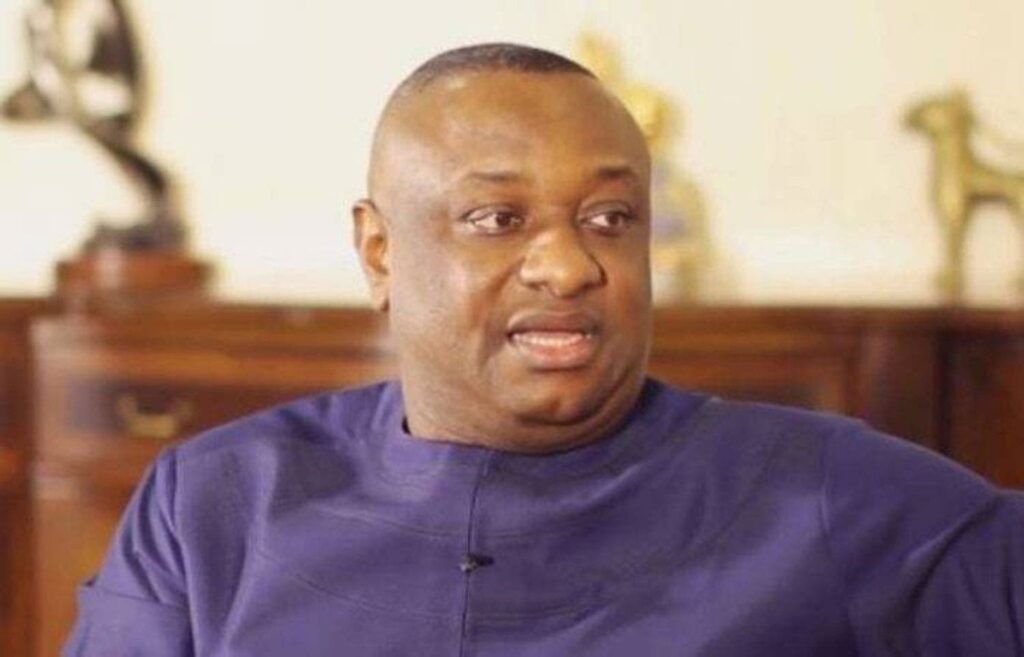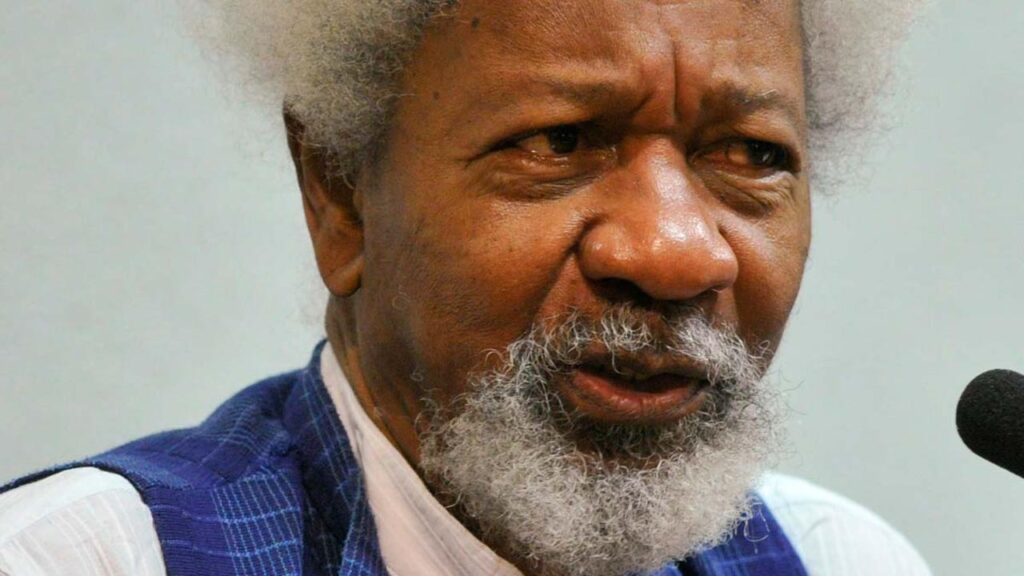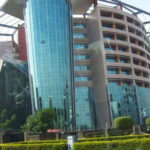
• NCC targets 50% service connection by December
• 5G network key to nation’s economic, industrial revolution, says MTN
The upward trajectory witnessed in the country’s telecoms sector very early in the year appears not to have been sustained. By the end of April, service providers had already lost about 2.5 million voice subscribers.
The sector had ended 2022 with some 222.5 million subscribers. By January 2023, subscribers increased by 3.6 million new users to 226.2 million. In February, it leaped slightly to 227.1 million.
It, however, fell to 226.2 million in March, where about 1.5 million Subscriber Identification Module (SIM) cards became inactive. The downward trend went further in April, with the plunge hitting 223.7 million.
The drop also impacted negatively the country’s teledensity, which fell from 118.4 per cent in March to 117.1 per cent by April ending. Teledensity is the number of telephone connections per 100 people in a specified geographic area. It is often used to compare the level of access to voice and data communications services between metropolitan and rural areas, or between one country and another.
In the Nigerian Communications Commission (NCC) subscription statistics (April edition), released at the weekend, the drop also impacted broadband connectivity.
Penetration in the broadband segment went down from 48.21 per cent in March to 48.14 per cent. Some 146,287 customers in that sub-sector didn’t utilise the service in the period under review. Specifically, the number went from 92 million users in March to 91.8 million by April ending.
However, Internet users on the narrow band (GSM) platform increased by 678,485, where operators moved from 156.9 million in March to 157.6 million by April.
Largely, market dominance still remained with MTN, which has 39.7 per cent penetration and 88.6 million users. Globacom is second with 60.9 million users and 27.3 per cent market share. In third position is Airtel, which services 60.3 million customers and boasts of a market reach of 27 per cent. 9mobile, which in the last minutes of the President Muhammadu Buhari administration got a N70 billion spectrum fees waiver, has 13.4 million users and six per cent penetration.
On what may have caused the drop in number of users, recall that Nigeria was hit by a cash crunch between February and March 2023. This followed Central Bank of Nigeria’s (CBN) policies on naira redesign and cash withdrawal limit, aimed at boosting the country’s cashless policy.
Chief Executive Officer of Airtel Africa, Segun Ogunsanya, in the company’s audited financial report, as of March 31, 2023, confirmed impact of the crunch on operations of the telecommunications firm.
In the report, Airtel Nigeria raked in N980 billion ($2.128 billion) from its services for the financial year ended March 31, 2023. This represents a 20.3 per cent growth year on year, compared with N864.9 billion ($1.878 billion) recorded in the same period last year.
Airtel, however, pointed out that the results would have been better, but for the cash scarcity, which slowed down revenue. The company further disclosed that 50 per cent of total recharges by Nigerians are cash-based, which was why its revenue was impacted by the crunch.
Also, in its Q1 2023 Earnings Release, Chief Executive Officer of MTN Nigeria, Karl Toriola, said the firm continued to experience headwinds in its operating environment in the first quarter of 2023, as it navigated a challenging working environment.
He said: “Impacts of the ongoing global macroeconomic and geopolitical developments on energy, food and general inflation were exacerbated locally by petrol and cash shortages experienced during the period. This placed additional pressure on economic activity, consumers and businesses.”
ALSO, Executive Vice Chairman of NCC, Prof. Umar Danbatta, has said the commission is providing industry leadership to push broadband penetration in the country to well above 50 per cent at the end of 2023.
According to him, the commission is also working assiduously to ensure Nigeria achieves 90 per cent broadband penetration by 2025, in line with the Nigeria National Broadband Policy (NNBP2020-2025).
Highlighting some of the interventions to drive growth in the telecoms industry, Danbatta noted that currently, over I50 million Nigerians have access to the Internet, while over 80 million can access high-speed Internet.
He added that the telecoms industry has witnessed milestones in more ways than one, including rapid growth in technology, which is redefining service delivery and creating wide and high expectations from all stakeholders.
According to him, to keep up to date with developments in the industry, the commission has taken measures to improve regulations to accommodate rapid and continuous development.
MEANWHILE, MTN Nigeria has said effective deployment of 5G network will play a significant role in economic and industrial revolution in Nigeria.
The company said it was working to help government succeed and ensure economic activities are boosted. Senior Manager, Customer Operations (Northern Region), Chikaodi Ofoegbu, stated this at the MTN pop-up hologram activation, at the weekend in Abuja.
He said MTN has attained almost 80 per cent coverage of 4G in Nigeria and that it has ambition to cover about 40 per cent of the population with 5G in the next two years.
Ofoegbu said: “At MTN, we believe in providing customers the benefits of a modern connected world. Remember that recently NCC gave MTN licence to launch 5G. We’ve delivered on time. The essence is basically to empower Nigerians and empower businesses.
“5G generation network is a lot faster than the current 4G. So, if you’re browsing, the speed is as the speed of light. The experience is out of this world.”

